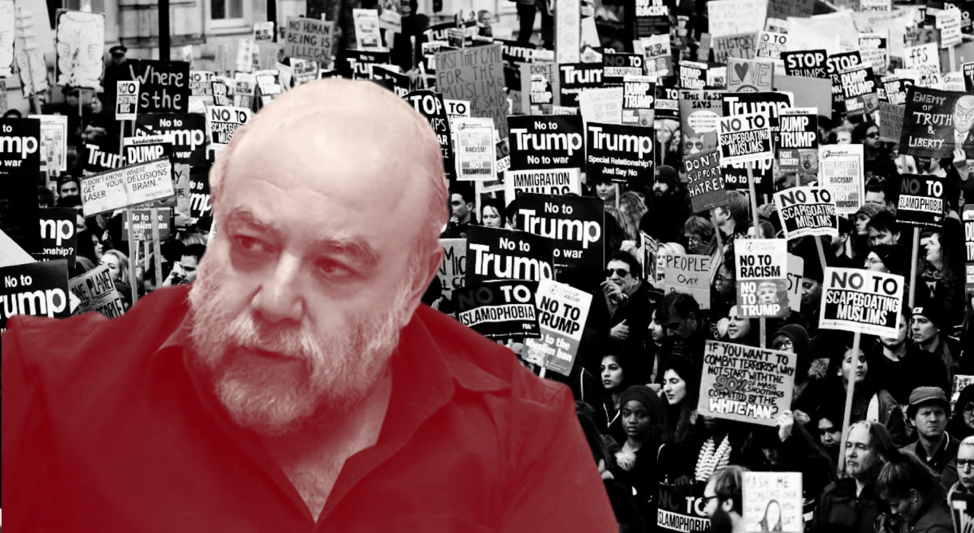What was Stalinism in power?

The following remarks were given at the Communist Party of Great Britain’s Communist University on August 22nd, 2019.
2019 MARKS 30 YEARS since the collapse of the Berlin Wall and the beginning of the unravelling of the Soviet Union, and the ejection from political power of Stalinist parties in the Eastern bloc. For those on the Left at the time, it was perceived variously as a traumatic disaster, or as a partial and temporary setback, or as an opportunity, and even a cause for rejoicing.
[Read More]


